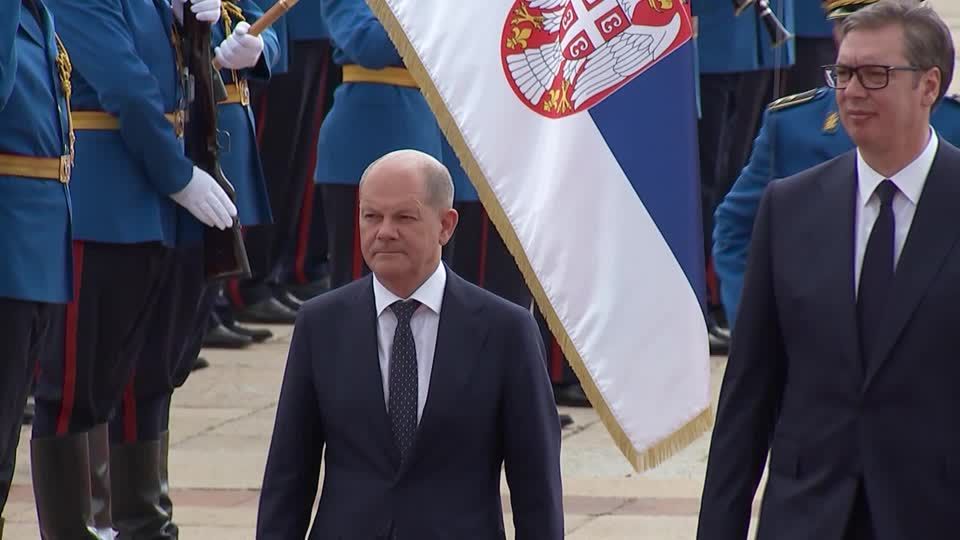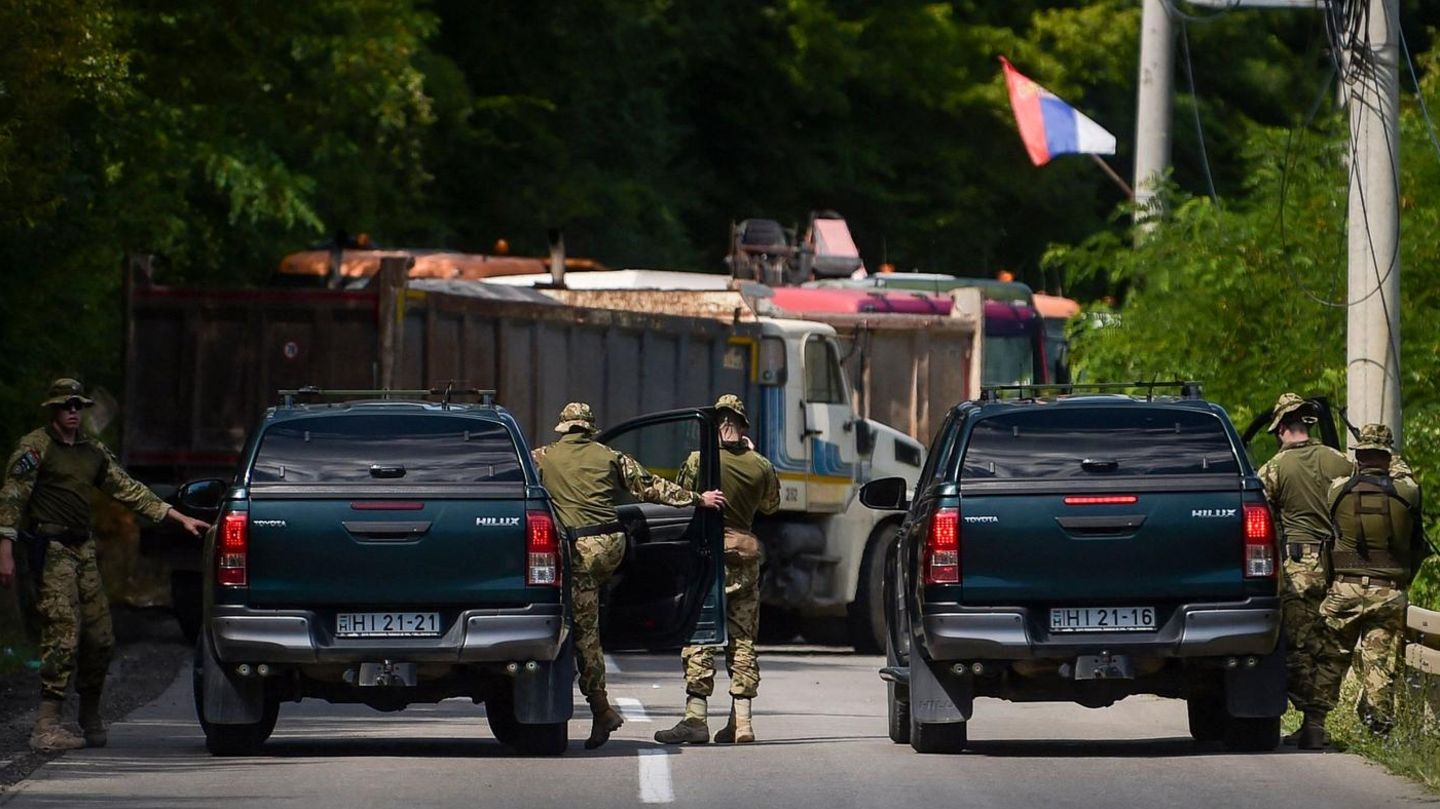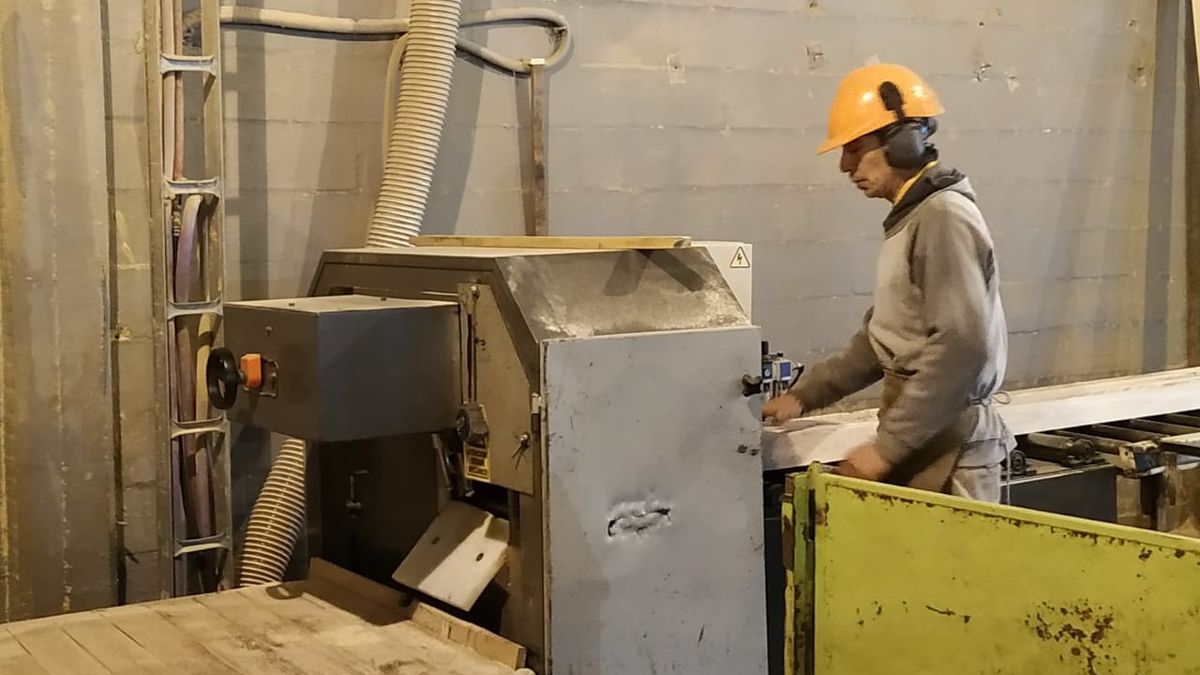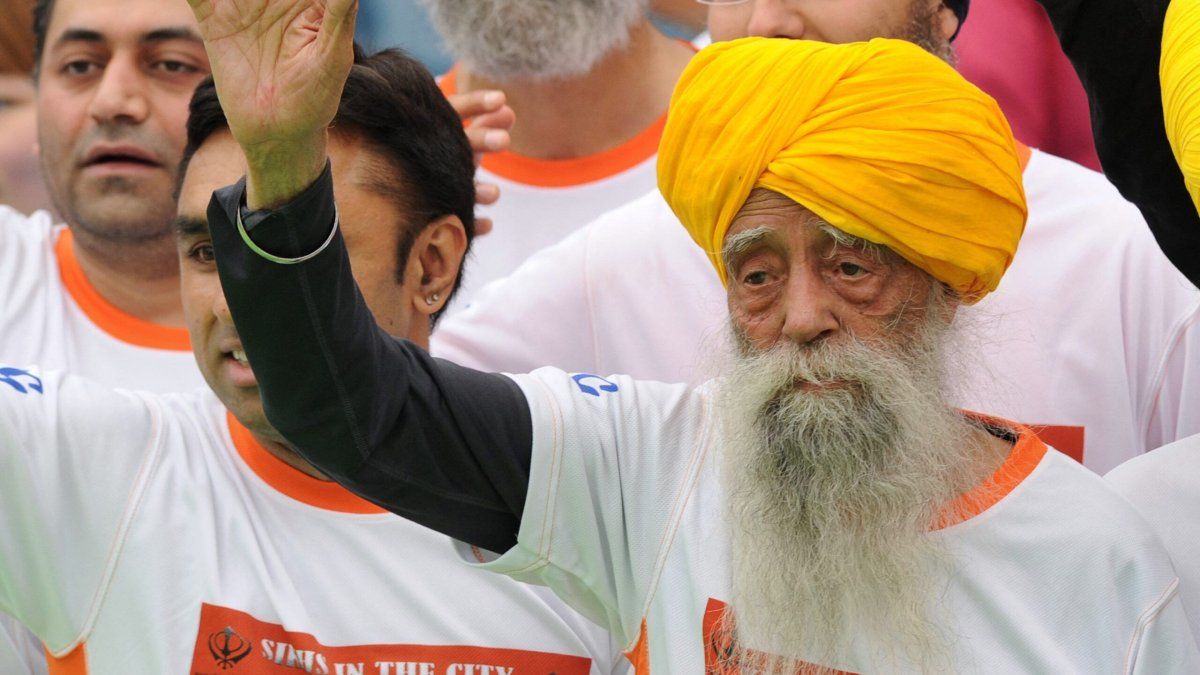questions and answers
The border between Kosovo and Serbia is a troubled region. Shots are said to have been fired there. That is what the dispute between the neighbors in the Western Balkans is about.
In the border area between Kosovo and Serbia, tensions between the neighbors have been manifesting themselves for years. The situation came to a head again at the weekend when Kosovo Serbs set up barricades with trucks and other heavy vehicles on the border with Serbia and unknown persons fired shots at the police, according to the authorities in Kosovo. No one was injured, but the Jarinje and Brnjak border crossings were temporarily closed.
What was the cause of the incident?
The background to the escalation was the announcement by the Kosovan authorities that they would no longer recognize Serbian identity documents at border crossings as of this Monday. Instead, Serbs with such papers should have had a provisional document issued at the border. In addition, Kosovo Serbs with Serbian license plates should replace them with Kosovar license plates within two months.
The government in Pristina justified its actions by saying that Kosovar citizens have had to have a provisional document issued for them when crossing the border into Serbia for a long time because the Serbian authorities do not recognize the Kosovar papers. It is a measure of reciprocity, said Prime Minister Albin Kurti on Sunday. However, after talks with representatives from the USA and Europe, he agreed to postpone the start of the new regulations until September 1st.
for a long time before possible “difficulties up to and including refusal of entry” when entering Serbia from Kosovo. “It is only possible if you have entered Kosovo by land from Serbia and the total travel time does not exceed three months,” writes the authority. Kosovar entry stamps are mostly invalidated by the Serbian authorities. Travelers who do not want a Kosovar entry stamp in their passport can notify the Kosovar border police upon arrival. In addition, there could be “tensions” in the border region.
Where does the conflict between Kosovo and Serbia come from?
The conflict between Kosovo and Serbia is deeply rooted in the neighbors’ past. In the Middle Ages, the Kosovo region was the seat of the religious and political center of Serbia. As the Ottoman Empire continued to expand into Europe and occupied the area in 1389, the Christian Serb population began to migrate and Muslim Albanians followed. Eventually, in the 20th century, the Albanians became the largest population group and the Serbs an ethnic minority.
After the First World War in 1918, against the will of the Albanian majority, Kosovo became part of the newly formed Kingdom of Yugoslavia, which also included the constituent republic of Serbia. In 1974 the area was declared an autonomous province of Serbia. Fifteen years later, then-Serbian President Slobodan Milosevic revoked Kosovo’s autonomy and sent troops to quell protests.
The dispute over the status of Kosovo finally led to the 1998-1999 war between the Yugoslav army and Serbian paramilitary forces on the one hand and the Kosovo Liberation Army (UCK) and, from 1999, NATO forces led by the USA on the other . During the war, the Kosovar and above all the Kosovar-Albanian civilian population fell victim to systematic raids, expulsions and mass murders. The KLA was also guilty of serious human rights crimes. The war finally ended with Serbia’s withdrawal from Kosovo. The province was placed under UN administration and NATO stationed the KFOR protection force there, which also includes the German armed forces. Around 200,000 Serb residents and non-Albanians fled Kosovo’s attacks.

In 2005, Kosovo’s interim parliament, set up by the United Nations, voted to establish an independent state. The UN then launched a mediation mission on the future status of the Serbian province, which was declared a failure two years later. As a result, Kosovo unilaterally declared its independence on February 17, 2008. To this day, however, Serbia has not recognized this sovereignty and claims Kosovar territory as a central element of religious and national consciousness.
How does the rest of the world feel about Kosovo?
More than 110 states consider Kosovo’s secession from Serbia to be legitimate and have recognized the Republic of Kosovo – including Germany and the USA. On the other hand, Russia and China, which for domestic reasons reject the right of peoples to self-determination enshrined in the UN Charter, see Kosovo’s independence as a violation of Serbian sovereignty in violation of international law.
Within the European Union, the attitude towards Kosovo is not uniform: In addition to Germany, 21 other EU countries recognize Kosovo as independent. However, Spain, Greece, Cyprus, Slovakia and Romania do not. The background here is also the autonomy efforts of minorities in these countries, such as the Catalans in Spain.
What next for Kosovo and Serbia?
Talks on normalizing relations between Kosovo and Serbia have been taking place since 2011, mediated by the European Union. Serbia is a candidate for EU membership and Kosovo is considered a potential candidate country, and the EU has linked the accession prospects for the countries to reforms and substantial progress in overcoming interstate and internal conflicts. “However, as long as influential EU states such as France block the admission of new members, there is a real danger that the willingness to reform in Kosovo and the other states in the region will flag.” That is why Kosovo is the western Balkan country which is still the furthest away from possible EU accession.
However, postponing EU membership indefinitely not only reduces the willingness of Pristina and Belgrade to implement the agreed reforms and continue their dialogue under EU mediation, it also opens the door to other powers such as China, Turkey and the Gulf States , so the BpB. Russia is also trying to reactivate its traditionally strong presence.
The conflict between the neighbors is also increasing resentment among the population and deepening the divisions, writes the Bundeszentrale: Kosovo Albanians, who make up around 87 percent of the population, and around eight percent of the Kosovo Serbs live largely separately in their own neighborhoods and villages . Serbs, but especially the smaller minorities — Montenegrins, Turks, Bosniaks, Roma, Goranci, Ashkali and Jews — suffered from discrimination in, for example, land and real estate purchases, education and job search.
Sources: , , , AFP, DPA
Source: Stern
David William is a talented author who has made a name for himself in the world of writing. He is a professional author who writes on a wide range of topics, from general interest to opinion news. David is currently working as a writer at 24 hours worlds where he brings his unique perspective and in-depth research to his articles, making them both informative and engaging.




